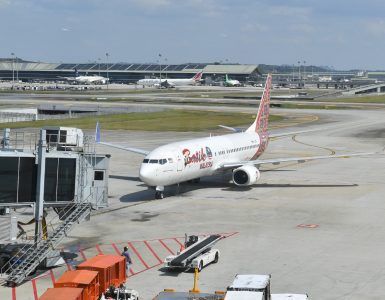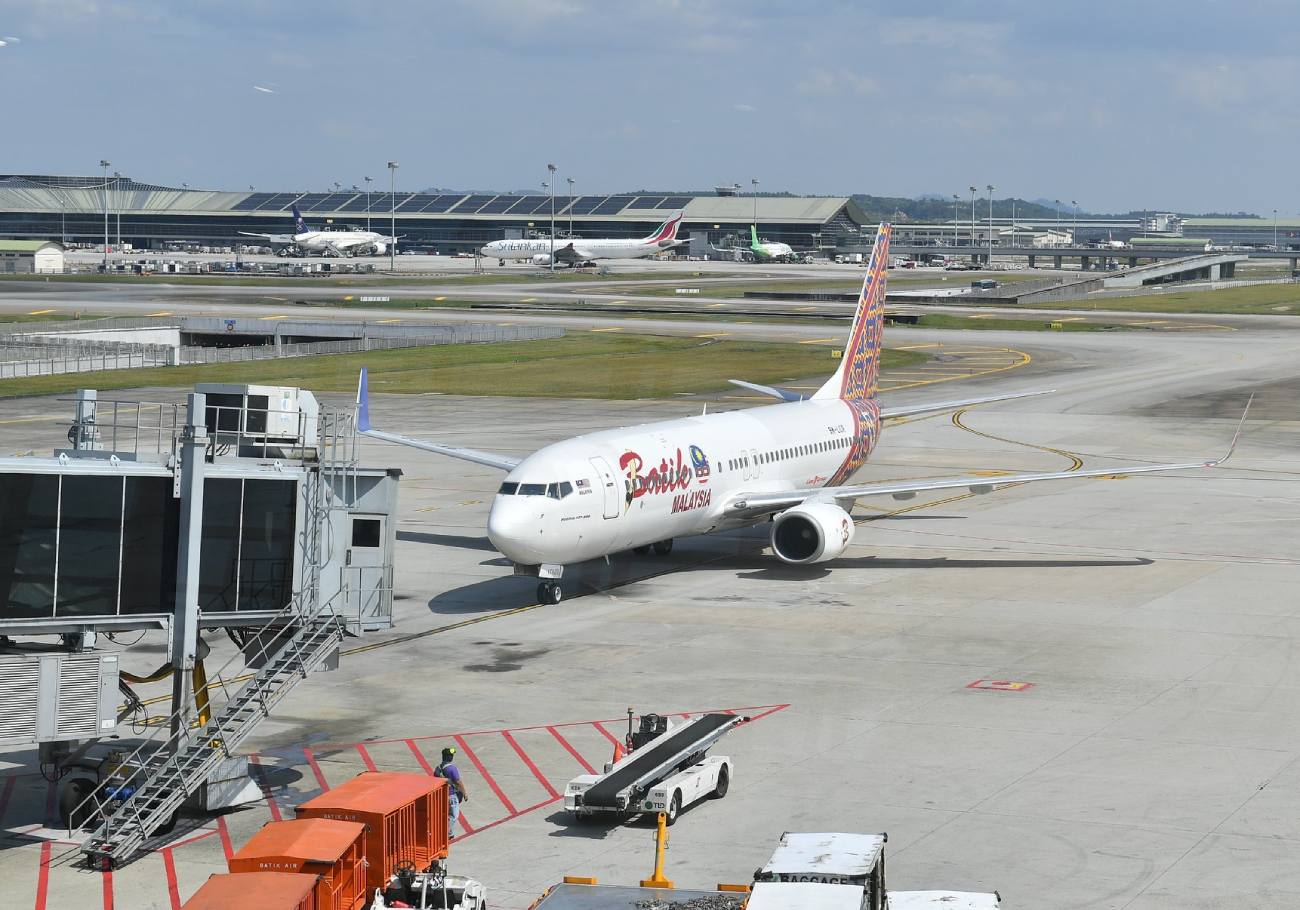The Consumers Association of Penang called for a complete ban on all forms of asbestos way back in 2001 due to the rising number of cases of asbestos-related diseases due to the intensive use of asbestos in the past and the fact that some countries, including Malaysia, continue to use chrysotile.
In a recent consultation with the Department of Occupational Safety and Health (DOSH) on 28 March 2011, a consensus was reached on the banning of asbestos, including chrysotile.
Representatives of APCO Worlwide who were also at the meeting, objected to the inclusion of chrysotile in the ban on the basis that Malaysia would face economic losses by doing so. It was emphasized by those present and by DOSH that the use of chrysotile, is in any case being phased out by the industry.
We understand that APCO has made representation to DOSH to defer the ban and that it also intends to meet the Minister of Human Resources to stop the ban.
This is unacceptable because asbestos is one of the most important occupational carcinogens, causing about half of the deaths from occupational cancer. In fact it kills more workers in many countries than occupational injuries.
According to the WHO, even in countries that banned asbestos in the early 1990s, the burden of asbestos-related deaths is still rising and this is due to the long latency periods attached to the diseases in question. By stopping the use of asbestos now, we can hope to see a decline in the number of asbestos-related deaths only after a number of decades.
The International Labour Organisation and the World Health Organisation have endorsed a global campaign for the elimination of asbestos-related diseases and this is to be carried out by stopping the use of all types of asbestos. More than 55 countries have heeded this call and the latest to join this effort is Thailand.
Thai authorities found that asbestos-free roofing on a town house adds $65 or ½ percent to the cost of building the town house in Thailand.
Considering the fact that there are similarities between Thailand and Malaysia, it would be quite safe to say that the economic losses that APCO talks about is insignificant
It is imperative that Malaysia joins this global campaign to ban the use of all types of asbestos and not bow to pressure by groups that place financial gains before public health.












